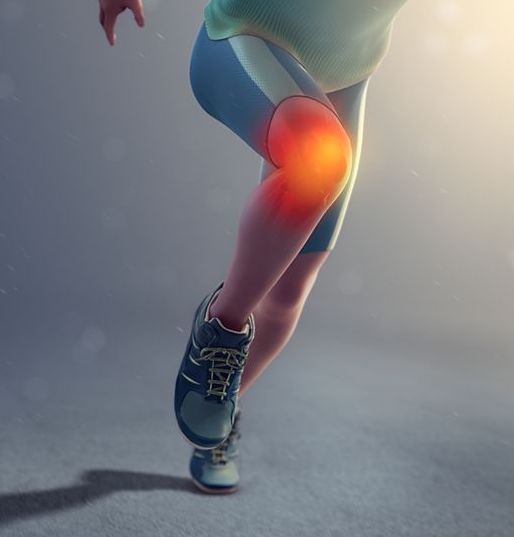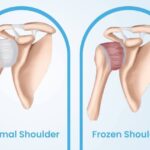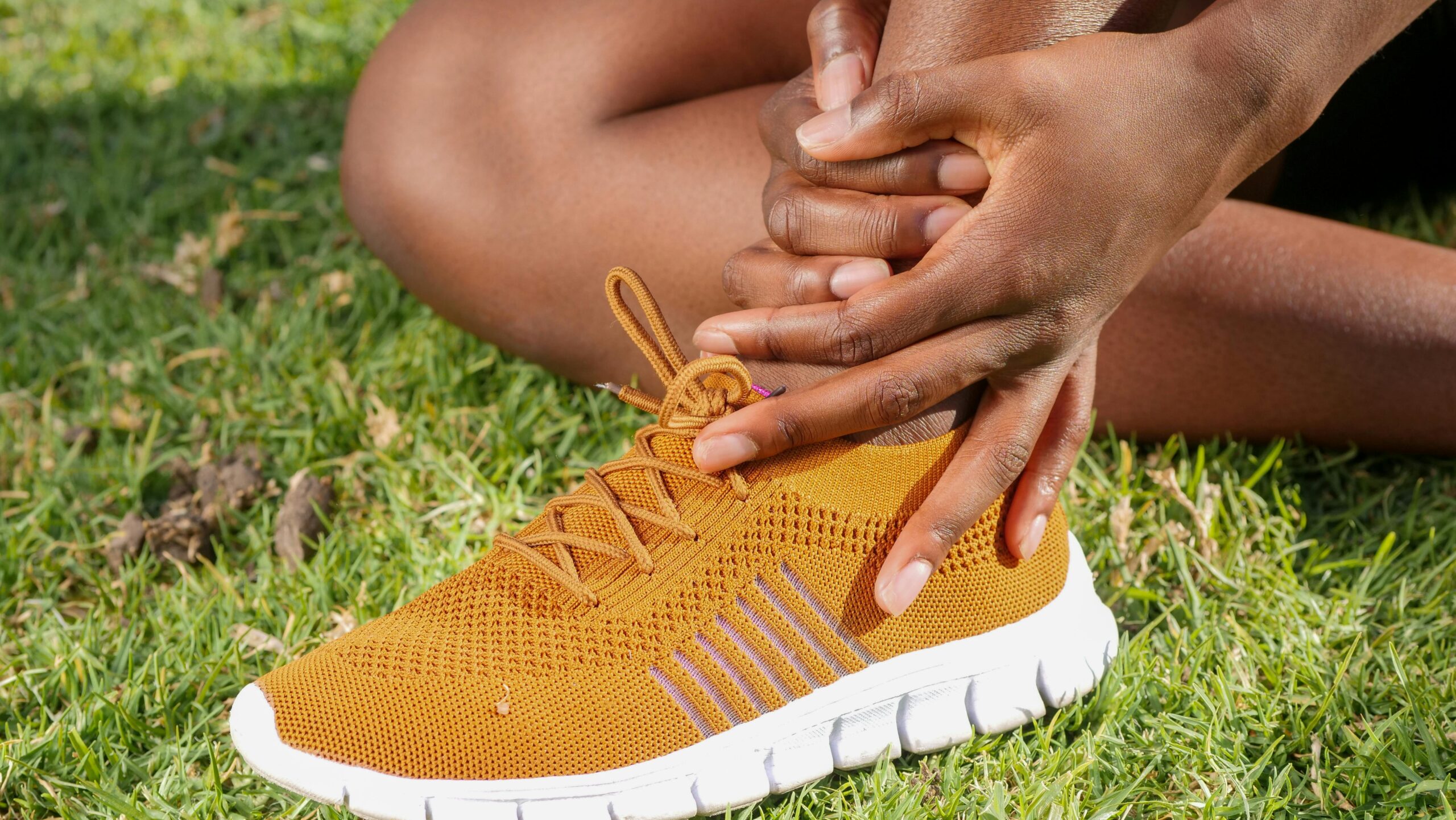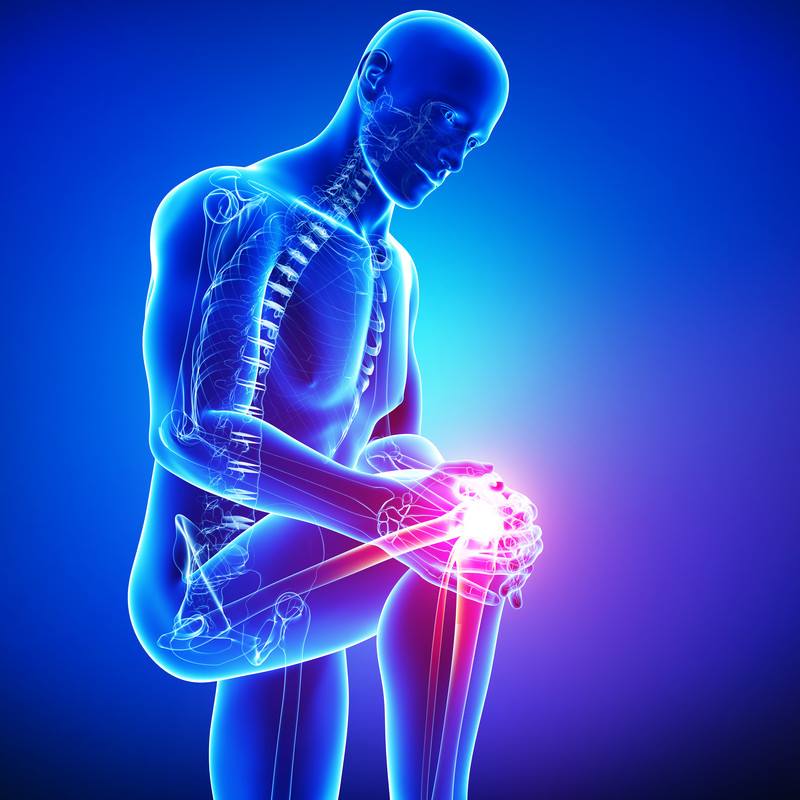
ACL Injuries: Causes and Treatment
Are you experiencing pain in your knee that doesn’t seem to be getting any better? Does it feel unsteady, as if it’s going to give out? You could be suffering from an anterior cruciate ligament (ACL) sprain.
Anatomy of the knee
The knee is a marvel of design. Special ligaments are designed to protect it from injury and to keep it stable.
The femur (thigh bone), tibia (shinbone) and patella (kneecap) all comprise the knee joint. They’re connected to each other by four main ligaments that hold them together to keep the knee stable. The main ligaments are:
Collateral ligaments. Found on the side of the knee, the medial collateral ligament (LCL) protects the knee from unusual motion.
Cruciate ligaments. Found on the inside of the knee joint, they consist of the anterior cruciate ligament (ACL) in the front and the posterior cruciate ligament (PCL) in the back. These ligaments cross over to form an “X” to control the front and back motion of the knee.
The ACL prevents the knee from sliding in front of the femur and keeps the knee stable. The PCL keeps the shinbone from sliding back too far. Stronger than the ACL, it is injured less frequently.
Injuries can still happen, however — and one of the most frequently occurring is damage to the ACL.
Who Is at risk for ACL injuries?
Those who participate in high-impact sports such as soccer, football and basketball are most likely to injure their ACL. Depending on the severity of the injury, surgery may be required to get restored to full function.
When an ACL injury happens, damage to other structures can also occur, including articular cartilage, meniscus and other ligaments. These injuries are measured on a scale of severity.
Grade 1 sprains. Here, the ligament is mildly damaged, but it is still able to keep the knee stable.
Grade 2 sprains. Here, the ligament is stretched to the point where it becomes loose and is partially torn. This can be accompanied by a feeling of instability.
Grade 3 sprains. The ligament is completely torn and/or pulled off the bone, and the knee joint is rendered unstable.
Most ACL injuries involve complete tearing of the anterior cruciate ligament. Partial tears are rare.
What causes ACL injury?
- A sudden change in direction
- Stopping abruptly
- Decreasing speed while running
- Landing incorrectly (i.e., from a jump)
- Collision with another athlete (i.e., during a football tackle)
It has been reported that ACL injuries occur more frequently in female athletes than in males, possibly because of differences in physical condition and muscular strength.
What does an ACL injury feel like?
A popping noise, followed by a feeling that your knee is going to give out, is a most common symptom. Your knee will begin to swell within 24 hours. If you attempt to continue intense physical activity, you are in danger of making the injury even worse.
When is surgery required?
Your physician will be able to make the determination, but young athletes who regularly participate in intense sports are the most likely. Surgery may not be required for older athletes who participate in fewer such activities.
What do I do when I’m injured?
See your physician. You’ll be asked about what you were doing when the injury occurred. X-rays and MRIs may be performed so your doctor can see the extent of the injury. You may be referred to an orthopedic surgeon for further treatment.
Fortunately, there are now several advancements in treatment available that offer surgical and non-surgical solutions to ACL injuries. OPI’s physicians will determine the best course of action for you.
Trust the professionals at OPI
At the Orthopedic Performance Institute, our physicians are experts in the diagnosis and treatment of ACLs. They will be able to diagnose the severity of the injury, and whether or not you need surgery.
Dr. Alexandra Matthews, OPI’s sports medicine specialist, says: “Don’t ignore the pain or try to fight through it. Have a professional examine the injury as soon as possible.”
Let the Orthopedic Performance Institute help you to get back in the game! Contact them in San Antonio or Boerne at (210) 545-7171.

 Previous Post
Previous Post




